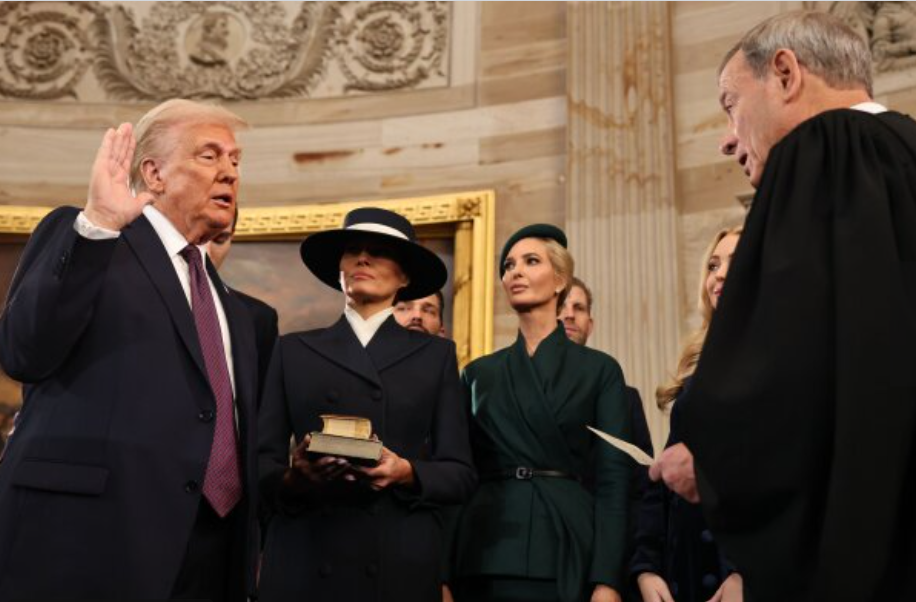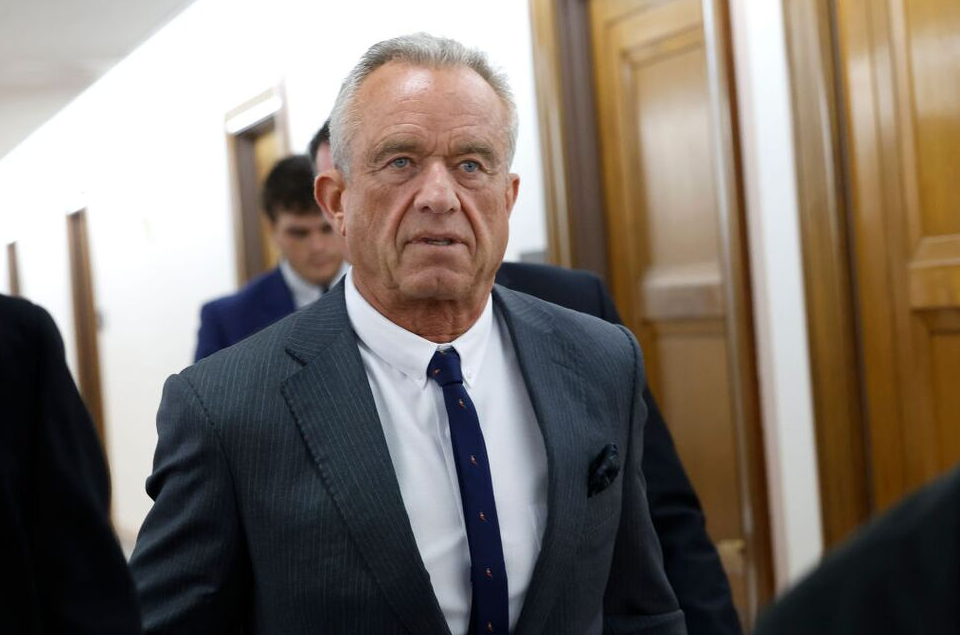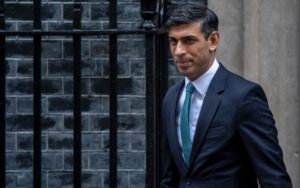Murdoch Empire Denounces RFK Jr.’s HHS Nomination Amid Vaccine Controversy
Robert F. Kennedy Jr.’s nomination as Secretary of Health and Human Services (HHS) has sparked a nationwide debate, drawing strong criticism from prominent figures in media, politics, and medicine. The controversy stems from Kennedy’s well-documented anti-vaccine stance, which has led to widespread concerns about his suitability for leading the nation’s top health agency.
Among the most vocal opponents is the Murdoch-owned media empire, including the Wall Street Journal and the New York Post. These outlets have taken a firm stance against Kennedy’s appointment, citing his controversial views on vaccinations as a potential risk to public health. The New York Post labeled him a “conservative sellout” and a “conspiracy theorist,” while the Wall Street Journal warned about the dangers of appointing someone with a history of promoting vaccine skepticism to such a critical position.
Caroline Kennedy’s Scathing Letter Against RFK Jr.
Adding fuel to the fire, Caroline Kennedy, daughter of former President John F. Kennedy and cousin to RFK Jr., has publicly denounced his nomination. In a strongly worded letter to U.S. senators, she referred to her cousin as a “predator” with “dangerous” views on vaccines, calling on lawmakers to reject his appointment.
Caroline Kennedy expressed concerns that her cousin’s leadership at HHS could undermine vaccine confidence and lead to public health setbacks. She further alleged that RFK Jr. has financially benefited from spreading misinformation about vaccines, making his nomination particularly alarming in an era where public trust in science is more critical than ever.
“My cousin’s rhetoric has directly contributed to vaccine hesitancy, putting lives at risk. The Senate must oppose his nomination,” Caroline Kennedy wrote in her letter, as reported by Reuters.
Medical Experts and Public Health Leaders Speak Out
It’s not just the Murdoch media empire and Kennedy’s own family who are opposing his nomination—the medical community has also raised serious concerns.
Over 17,000 doctors have signed an open letter urging the Senate to reject RFK Jr.’s appointment, citing his history of spreading vaccine misinformation. These experts argue that his leadership could undermine public trust in health initiatives and result in dangerous consequences for the nation’s public health policies.
“Kennedy’s influence at HHS would be a major step backward in the fight against preventable diseases,” said Dr. Emily Thompson, a leading infectious disease specialist.
Many physicians fear that his appointment could lead to weakened vaccine mandates, lower childhood immunization rates, and further public distrust in health organizations like the CDC and FDA.

RFK Jr.’s Supporters Defend His Nomination
Despite the backlash, some political figures, including Senator Rand Paul, have expressed support for Kennedy’s nomination. They argue that RFK Jr.’s willingness to challenge government health agencies could help restore public trust.
“Americans deserve transparency in healthcare, and Kennedy’s appointment could bring accountability to an agency that has faced scrutiny over the years,” Senator Paul stated.
This perspective has resonated with some conservative and libertarian voters who believe that health agencies need more oversight and reform. However, the overwhelming opposition from the media, Kennedy’s own family, and the medical community presents significant hurdles for his confirmation.
What’s Next? The Battle for Confirmation
With RFK Jr.’s Senate confirmation hearings approaching, the battle over his nomination is set to intensify. The decision will ultimately rest in the hands of U.S. senators, who must weigh the concerns of public health experts against the arguments for increased government accountability.
Regardless of the outcome, this controversy underscores the growing divide over vaccine policies in America and raises questions about the role of personal beliefs in shaping public health leadership. [USnewsSphere.com]








